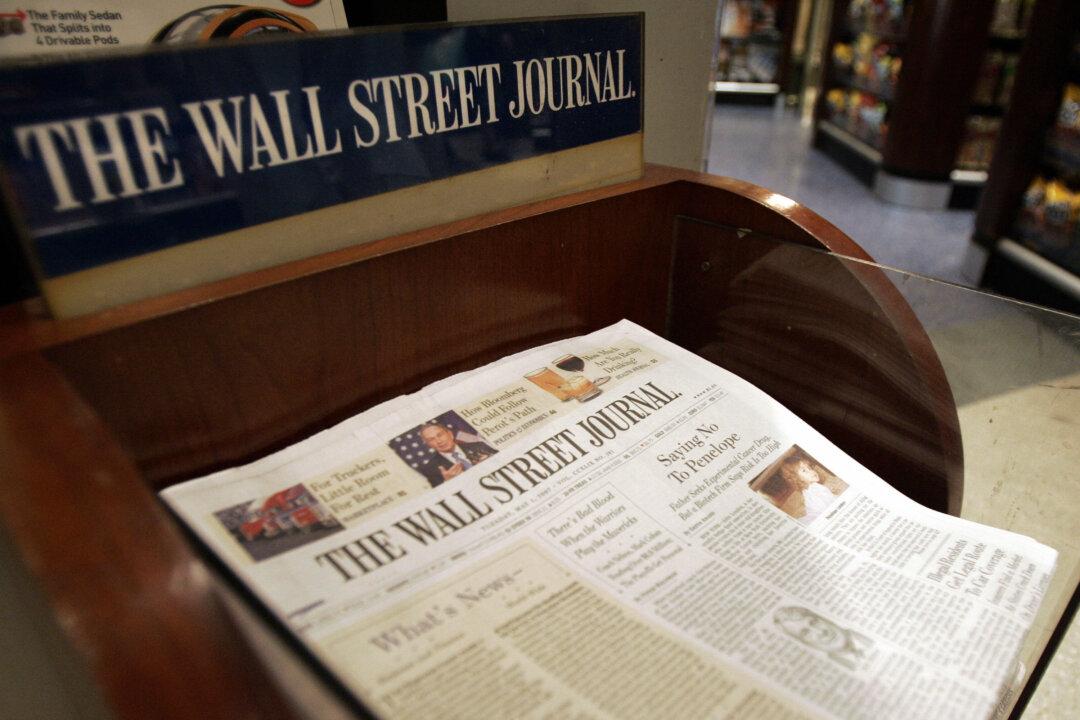China announced that it revoked the press credentials of three Wall Street Journal (WSJ) reporters on Feb. 19, marking the country’s largest expulsion of foreign media in decades.
Beijing made the decision in retaliation over the publication’s Feb. 3 column headlined “China Is the Real Sick Man of Asia,” Chinese foreign ministry spokesperson Geng Shuang said on Wednesday.





